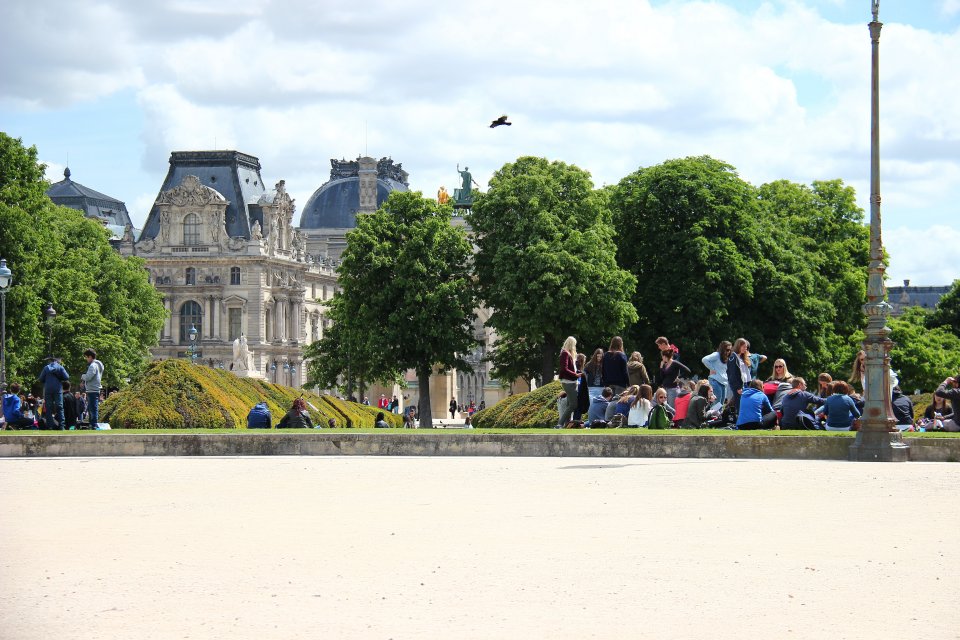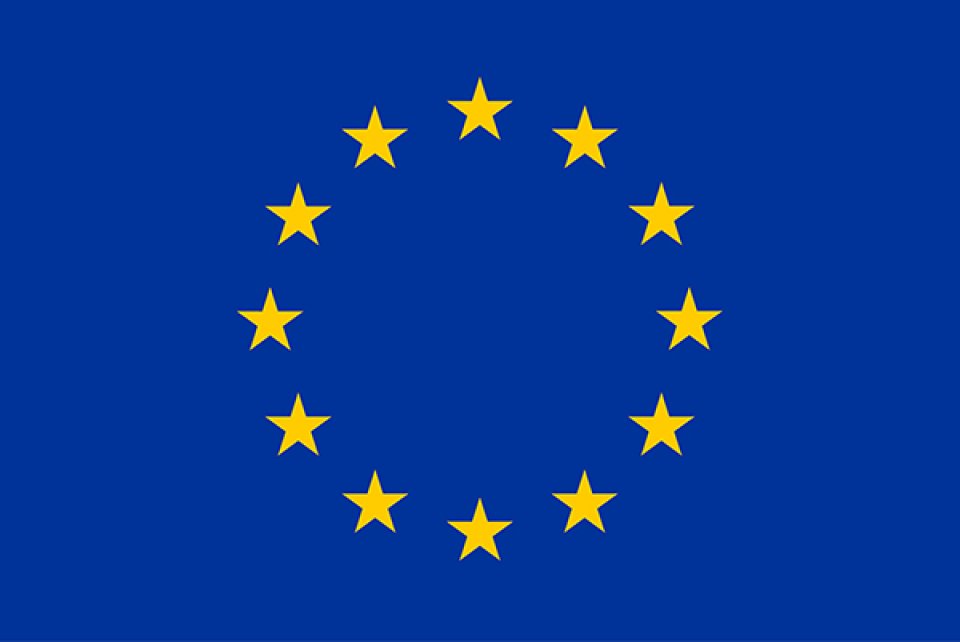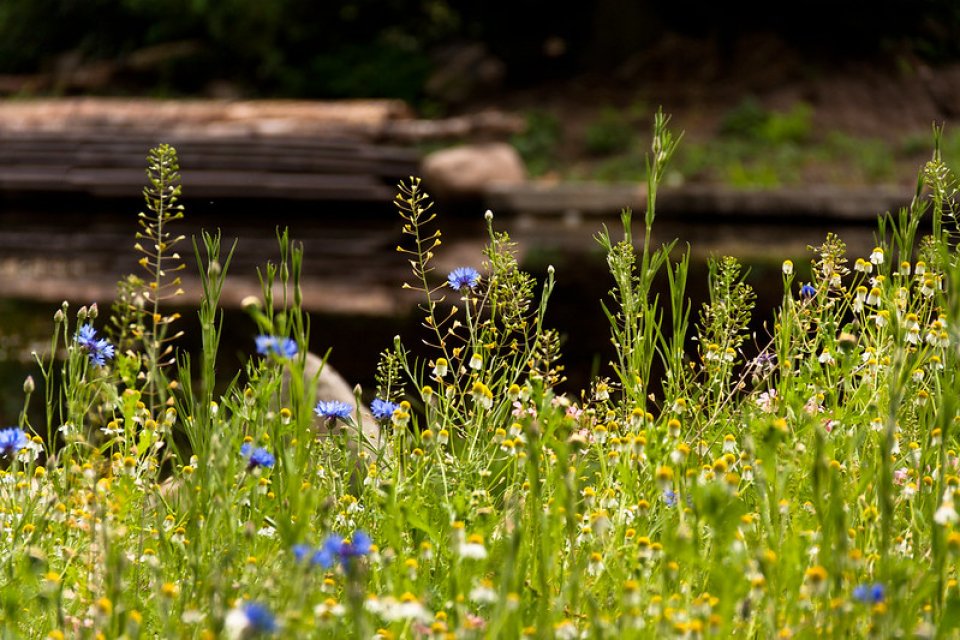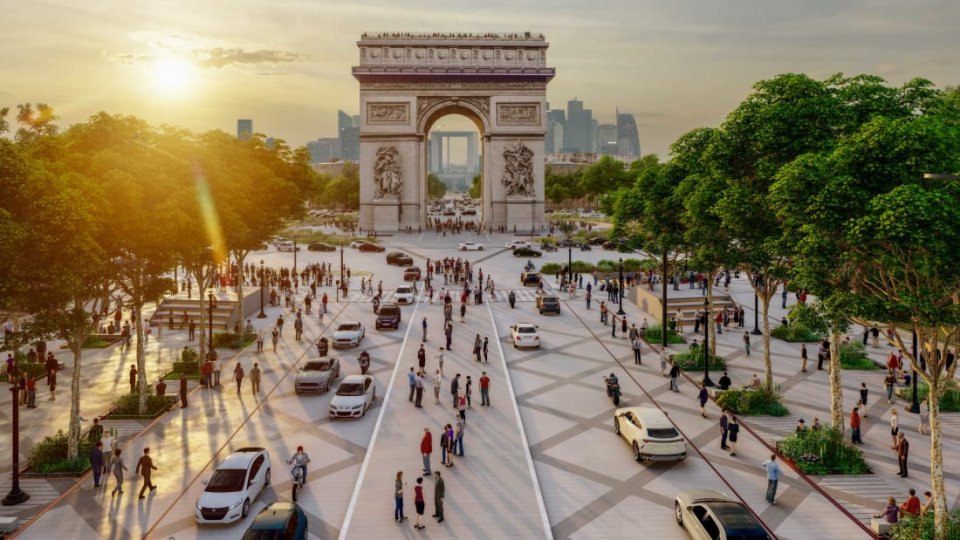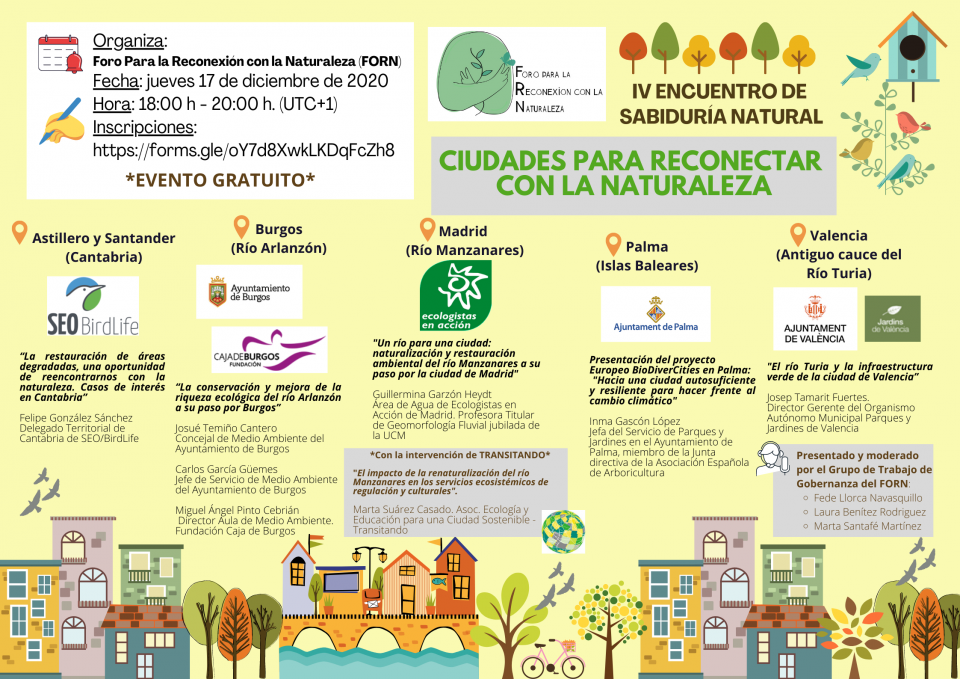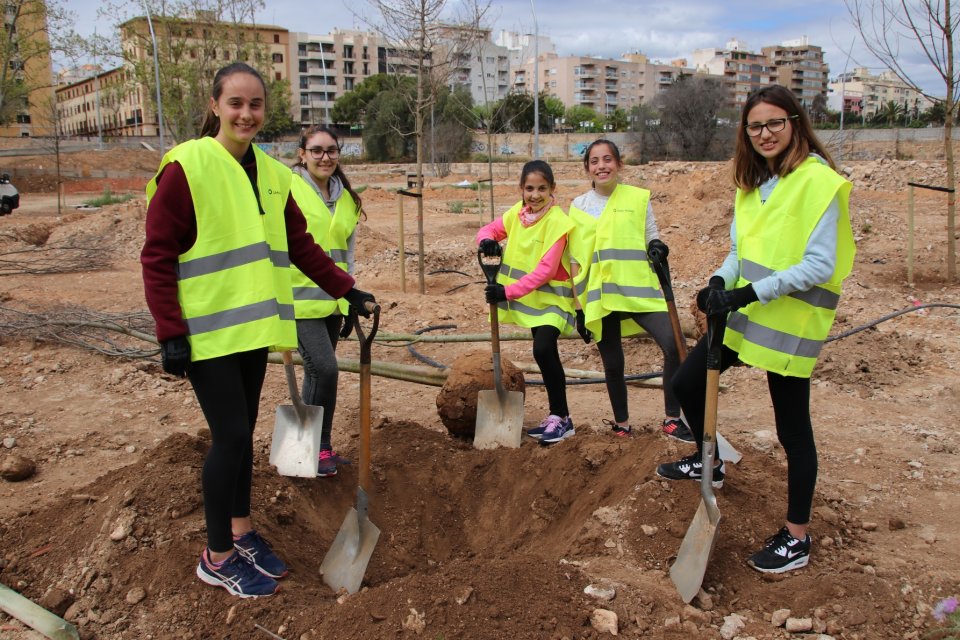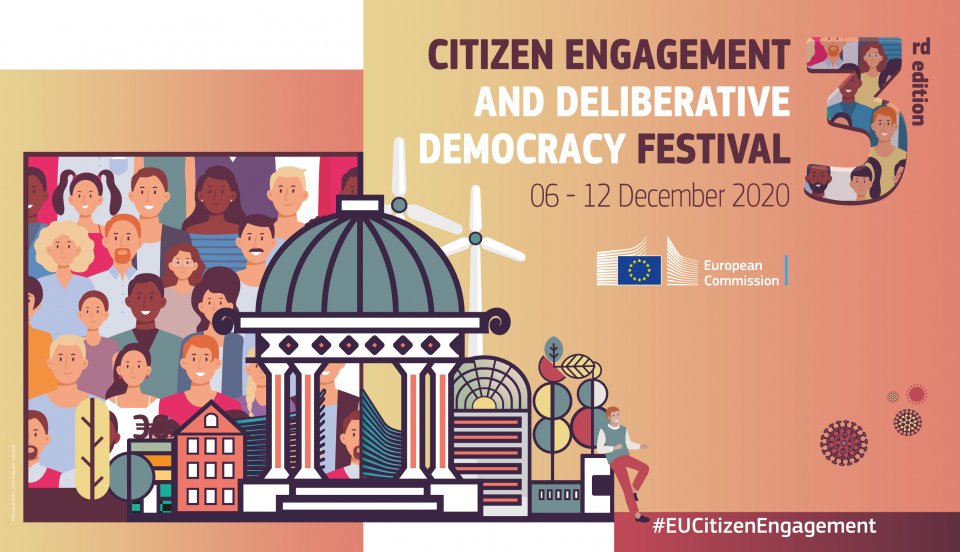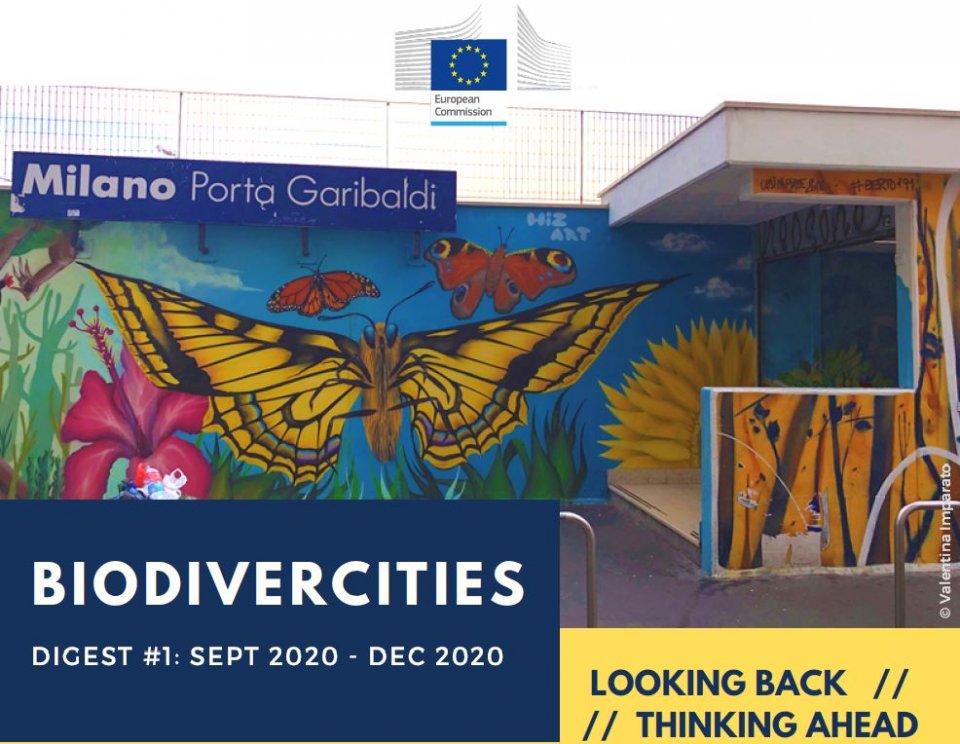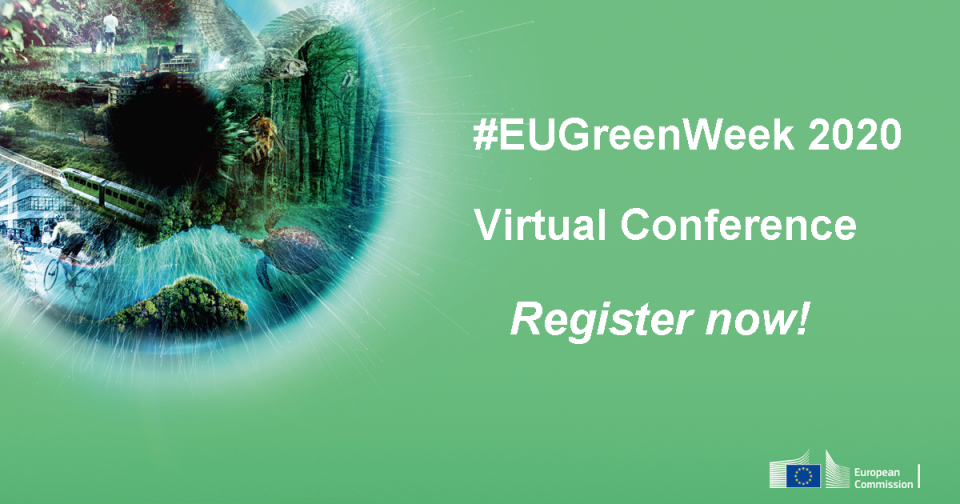BiodiverCities is a project in the context of the EU Biodiversity Strategy. It aims to enhance civil society participation in local and urban decision-making, leading to building a joint vision of the green city of tomorrow shared among civil society, scientists and policymakers. The project will collect practical examples of how to engage citizens in vision building around urban nature, monitoring, and solutions to improve urban biodiversity. It will also assess how urban green infrastructure can be used to provide local benefits for people and nature and how can it contribute to enhancing regional biodiversity. BiodiverCities is funded by a grant of the European Parliament. It is implemented by the Joint Research Centre and DG Environment. Our ambition is to deliver a roadmap to enhance the biodiversity and green infrastructure of European cities by 2030.
BiodiverCities
Public posts
CALL FOR AN EXPRESSION OF INTEREST TO COLLABORATE WITH THE H.E.L.I.O.S PROJECT
The JRC is calling for expressions of interest from practitioners with an expertise in citizen engagement and participatory processes.
We are looking for a practitioner to carry out a co-creative process in the city of Verona, Italy and surrounding areas. The expert will be responsible for setting up a citizen engagement process with the aim of openly discussing what citizens are concerned about and care for in relation to mental health and environmental quality.
The citizen engagement activities fit into the project ...
Mid-term BiodiverCities report published.
The JRC prepared a report summarising the mid-term results of the BiodiverCities project.
Firstly, BiodiverCities collects practical examples of how to engage citizens in vision building around urban nature, monitoring, and solutions to improve urban biodiversity.
Thirteen cities participate to BiodiverCities with local projects on citizen engagement or with case studies on mapping urban biodiversity and ecosystem services. Local activities include enhancing public participation in greening...
Use of the EU flag for your communication about BiodiverCities
Some cities asked if it is possible to use a logo of the EU or the European Commission when communicating about your local case study of BiodiverCities. This is possible. We recommend using the EU emblem or flag.
You can download the logo here: https://europa.eu/european-union/about-eu/symbols/flag_en#eu-emblem.
Examples for using the EU emblem:
|
[here the EU flag] |
BiodiverCities is a project funded by the European Union. |
Should urban ecosystems be prioritised for restoration in the EU?
This is one of the questions of an ongoing public consultation on the EU nature restoration plan.
Urbanization is often regarded as a threat to biodiversity. However, the potential of cities to help protect biodiversity and ecosystem services is likely underestimated. Cities are poles of creativity, innovation, and leadership. So cities can also help achieve biodiversity goals and targets.
The European Commission is currently developing an EU Nature Restoration Plan. A key element of this plan is a commitment by the Commission to propose, in 2021, binding EU nature...
Ambitious urban green plans in Barcelona and Paris
Barcelona and Paris have presented ambitious plans to undergo a green facelift. The current pandemic has made cities and citizens realise that urban green infrastructure is an essential urban resource and service. Urban green spaces and parks have been rediscovered by urbanites for recreation during the pandemic. In addition, research has shown that covid-19 infections are higher in areas with higher levels of air pollution. This prompted cities to also consider the regulating functions that urban trees and forests perform as they filter particulate matter and other air pollutants from the...
Palma to present their BiodiverCities case study at a seminar on reconnecting cities with nature
The Spanish Forum for Reconnection with Nature (FORN) organises onThursday 17 December 2020 at 18.00 a meeting that addresses the need for urban spaces to reconnect with the natural space.
In Spain, almost 80% of the inhabitants are concentrated in urban areas. Most of the population lives in environments dominated by asphalt and concrete and away from nature. Therefore, it is urgent to conserve biodiversity where people live and work so while contributing to sustainable urban development. The forum will illustrate success stories of Spanish cities that are promoting this connection...
The city council of Palma endorses the BiodiverCities project
Palma, the biggest city on the Spanish island Mallorca, is one of the BiodiverCities. The Palma BiodiverCities team succeeded in bringing the debate on biodiversity into heart of the city descision-making and to raise awareness for biodiversity.
Neus Truyol, member of the Palma city council, said: "The EU support for a city model that is committed to conceiving the city as an ecosystem, self-sufficient and resilient to the climate emergency, strengthens us to continue the work path we have set in motion.”
The Palma BiodiverCities team is currently assessing the following...
3rd Citizen Engagement and Deliberative Democracy Festival
The European Commission is holding its 3rd annual Citizen Engagement & Deliberative Democracy Festival from 6-12 December, 2020. Registration are open and the draft agenda can be found here!
The 3rd annual Citizen Engagement & Deliberative Democracy Festival is an open online event that brings together people of diverse backgrounds that are interested in, and...
BiodiverCities Digest #1
Interested in the first results of BiodiverCities? Read our two-page digest on how ten cities are setting up local projects to engage citizens in urban biodiversity.
Join the #EUGreenWeek 2020 virtual conference, registrations are open!
The EU Green Week conference, the central EU event dedicated to environment policy, is taking place from 19 to 22 October 2020, in an entirely virtual format, on the theme of nature and biodiversity. Join three days of exciting virtual discussions on how protecting and restoring nature can stimulate recovery and create jobs, helping us to build more resilient and healthier societies.
After the adoption of a new EU Biodiversity Strategy for 2030 in May...

